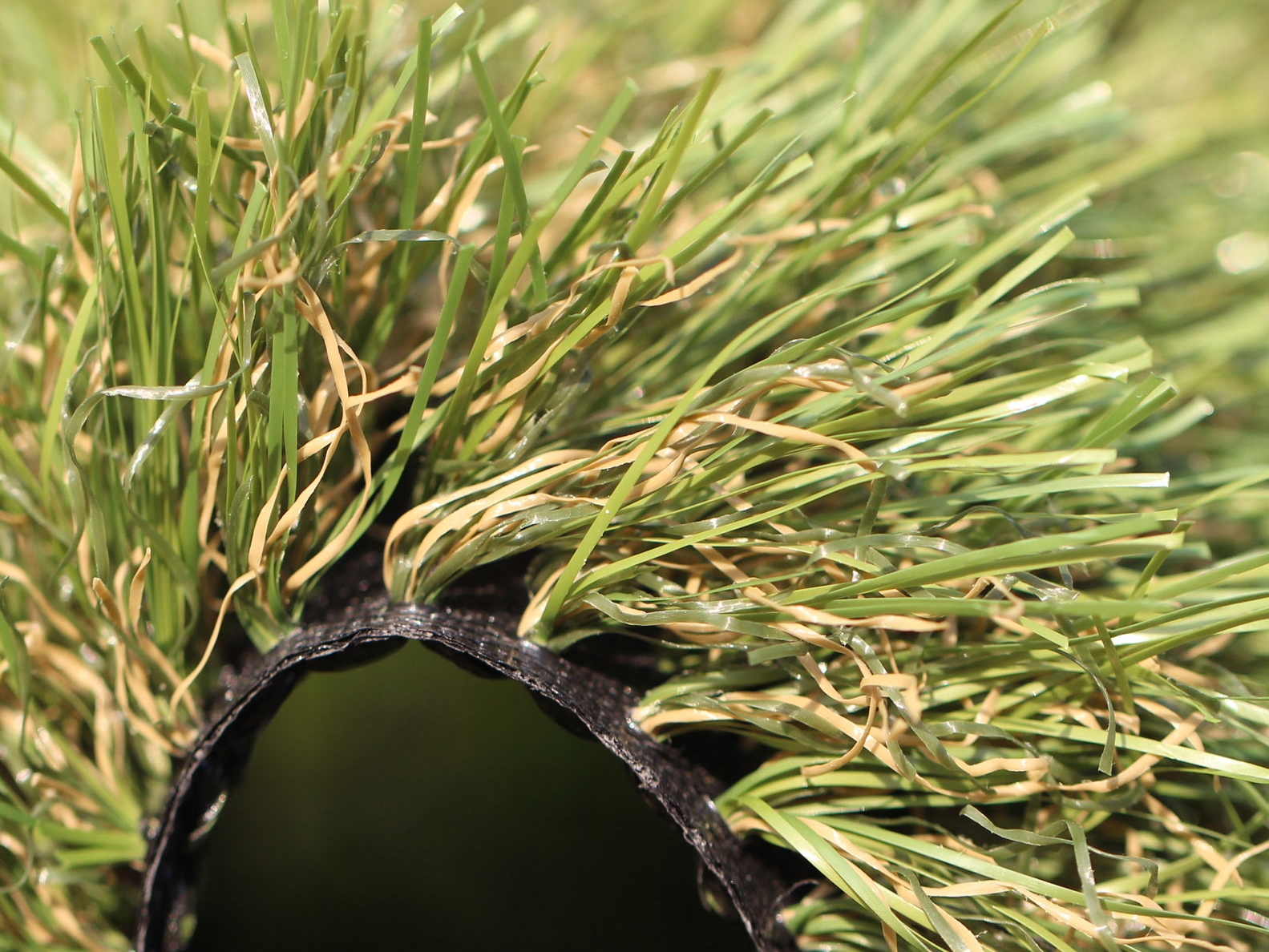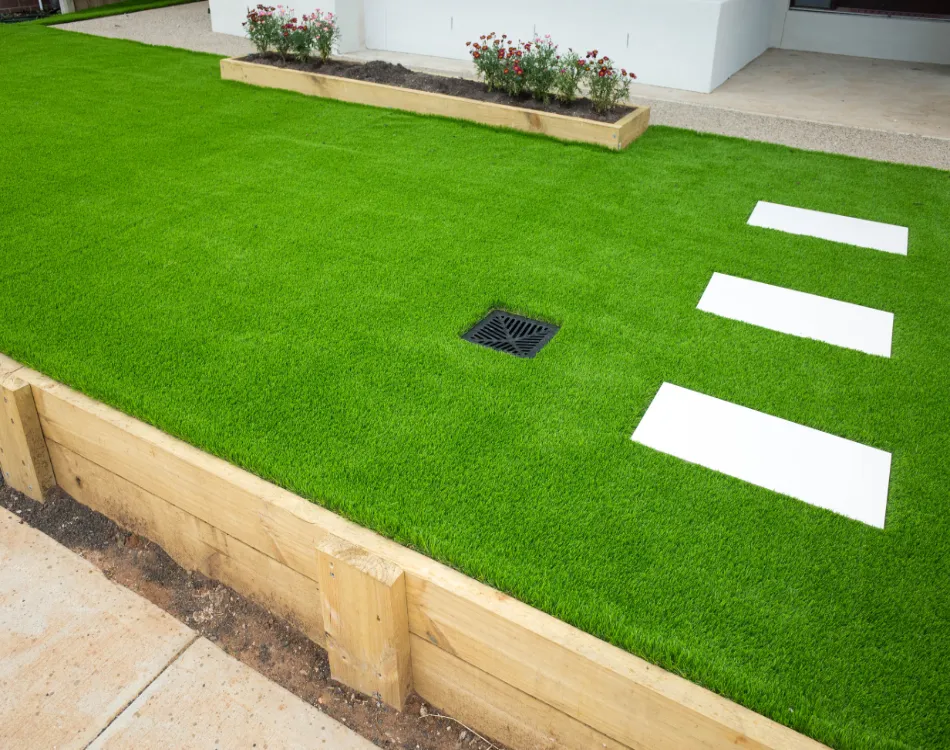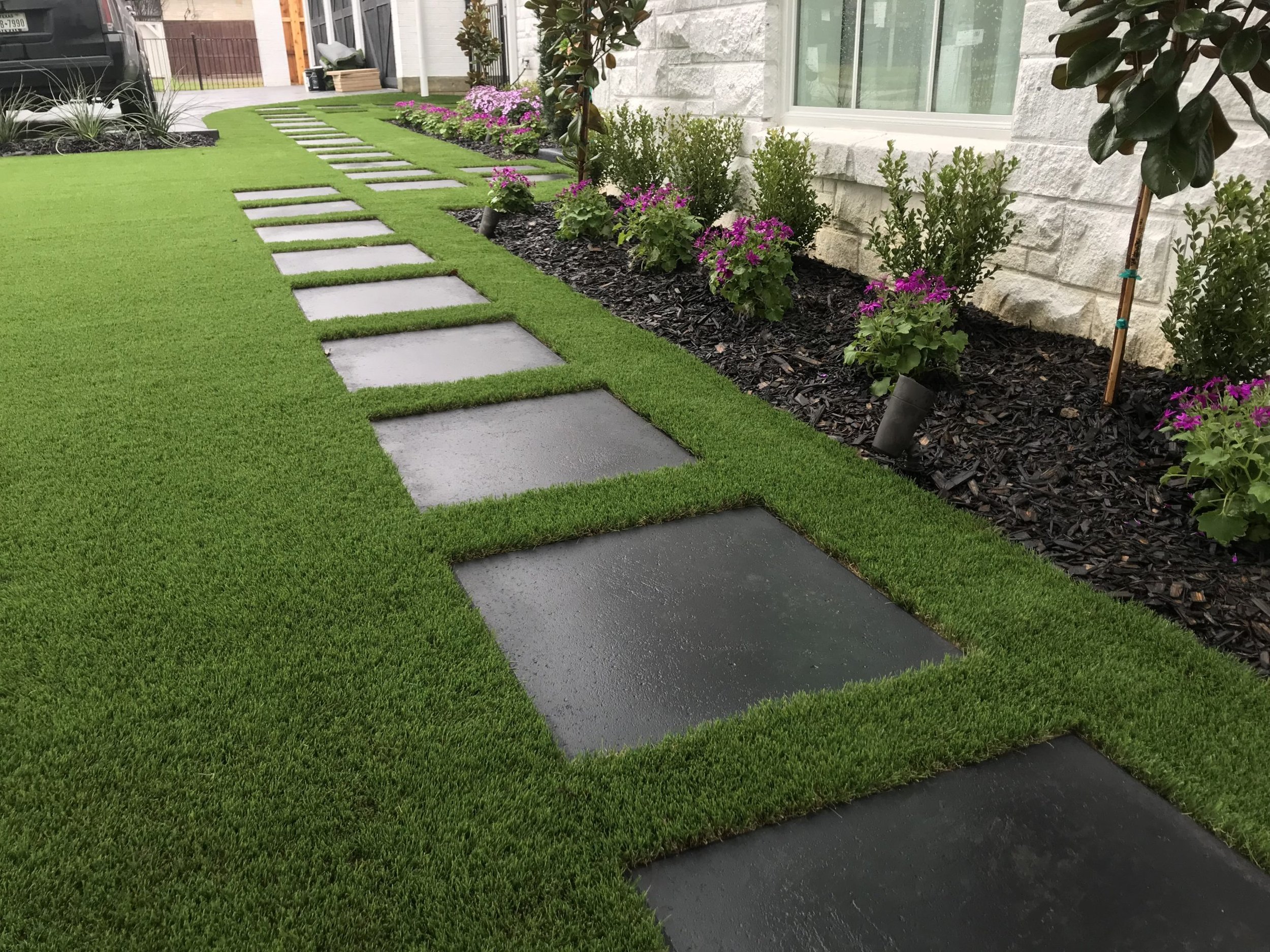Eco-Friendly Arizona Artificial Turf for a All-Season Lush Green Lawn
Eco-Friendly Arizona Artificial Turf for a All-Season Lush Green Lawn
Blog Article
Look Into the Environmental Conveniences of Opting for Artificial Lawn Solutions
The fostering of artificial turf solutions presents an engaging opportunity to resolve pushing ecological obstacles. By considerably decreasing water usage and minimizing the application of dangerous chemicals, these options not only promote lasting landscape design yet likewise secure regional environments. The lower carbon impact connected with decreased upkeep tasks contributes to an extra sustainable strategy to land management. The effects of these benefits prolong past simple preservation efforts, increasing inquiries regarding their lasting impact on habitat conservation and overall environmental equilibrium. Checking out these measurements exposes a complex interaction worth taking into consideration.
Water Preservation Advantages
One of the most significant benefits of artificial grass is its capacity to preserve water. In comparison, fabricated grass does not require watering, dramatically reducing the overall need for water resources.
By removing the need for regular watering, fabricated turf adds to sustainable landscape methods and aids mitigate the environmental effect of too much water usage. In addition, the preservation of water includes the reduction of runoff, which can bring about soil disintegration and waterway air pollution.
Furthermore, the installation of synthetic grass permits house owners and municipalities to allot water resources a lot more effectively, concentrating on important uses such as alcohol consumption water and agriculture. The change in the direction of artificial turf not just advertises responsible water usage however additionally aligns with more comprehensive ecological objectives focused on maintaining natural deposits.
As communities increasingly prioritize sustainability, the water conservation benefits of synthetic lawn provide a compelling case for its fostering in household and commercial landscape design tasks.
Reduced Chemical Usage
The change to synthetic grass dramatically lowers the reliance on chemical therapies frequently used in all-natural grass maintenance. Standard lawn monitoring generally involves the application of herbicides, fertilizers, and pesticides to advertise development and control pests. These chemicals can position threats to human health, regional wild animals, and the environment, adding to dirt and water contamination.
On the other hand, artificial lawn removes the need for these hazardous materials. When mounted, it requires marginal maintenance, mainly including regular cleaning and infrequent infill replenishment. This reduction in chemical usage not just benefits the immediate setting however also adds to broader ecological stability. By reducing the launch of synthetic compounds into the ecosystem, synthetic grass advertises much healthier soil and water supply.
In addition, the absence of chemical overflow related to synthetic grass setups aids secure regional waterways from contamination, sustaining marine life and preserving biodiversity. Artificial turf companies phoenix. As communities progressively focus on sustainable practices, going with man-made grass provides a practical service that lines up with ecological preservation objectives. With this shift, property proprietors can delight in rich eco-friendly rooms without endangering environmental wellness, leading the way for a more sustainable future
Reduced Carbon Footprint

Furthermore, the setup of artificial lawn can result in substantial water preservation. All-natural grass require considerable quantities of water for irrigation, which not only adds to the carbon impact connected with water extraction and treatment however additionally strains regional water resources. In comparison, man-made turf requires minimal upkeep, requiring no watering, therefore dramatically reducing water use and its connected energy prices.
Furthermore, the long life of fabricated grass adds to its lower carbon effect. With a life expectancy of up to 15 years or more, the requirement for regular substitutes is diminished, resulting in less waste and reduced energy intake in production and getting rid of typical lawn alternatives. In general, man-made lawn provides a lasting option for eco mindful landscaping.
Environment Preservation
Habitat conservation is a critical factor to consider in the discussion over landscaping options, specifically when comparing man-made lawn to natural grass. Natural yard lawns usually call for substantial maintenance, including using pesticides, fertilizers, and herbicides, which can negatively affect local ecosystems. These chemicals can leach right into the soil and rivers, hurting indigenous vegetation and fauna and interrupting regional environments.
Fabricated grass eliminates the requirement basics for dangerous chemicals, thus protecting nearby wild animals and preserving the integrity of surrounding environments. The installation of artificial grass can lead to the conversion of previous navigate to these guys lawn areas into even more biodiverse landscapes, such as pollinator gardens or native plant locations, which can sustain neighborhood wild animals.
Eventually, the change to man-made lawn not just saves water and reduces maintenance initiatives but likewise cultivates a more harmonious relationship between human tasks and the all-natural atmosphere, advertising habitat preservation while doing so.
Long-Term Sustainability
Long-lasting sustainability is a crucial consider reviewing the benefits of fabricated lawn over typical grass lawns. One of one of the most substantial advantages of synthetic grass is its resilience; it can last approximately 15-20 years with marginal maintenance, whereas all-natural turf requires frequent reseeding and substitute. This durability minimizes the demand for constant resources, such as water, plant foods, and pesticides, which are necessary for preserving a healthy and balanced yard yard.
Furthermore, artificial turf adds to a decrease in carbon exhausts linked with yard care equipment. Typical grass commonly need gas-powered lawn mowers, leaners, and blowers, every one of which contribute to air pollution. Arizona turf. In comparison, artificial grass gets rid of the need click here now for such devices, advertising a cleaner atmosphere
Additionally, the production of man-made turf progressively uses recycled materials, enhancing its sustainability profile. As producers adopt eco-friendly methods, the environmental footprint of synthetic turf continues to diminish.

Conclusion
The fostering of fabricated grass remedies presents considerable environmental advantages, consisting of significant water conservation, minimized reliance on hazardous chemicals, and a reduced carbon footprint. In addition, man-made grass aids in protecting all-natural habitats by minimizing land disturbance and promoting long-lasting sustainability via making use of long lasting products. Collectively, these aspects emphasize the potential of man-made turf to contribute positively to ecological wellness and use a viable option to conventional landscaping methods in a progressively resource-conscious world.
In comparison, artificial turf does not need watering, significantly minimizing the total demand for water resources. By minimizing the release of synthetic compounds into the community, man-made grass advertises healthier soil and water systems.
In addition, the installment of fabricated lawn can result in considerable water conservation. In contrast, artificial lawn needs very little maintenance, calling for no watering, consequently substantially lowering water usage and its associated energy costs.

Report this page